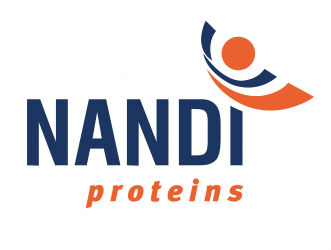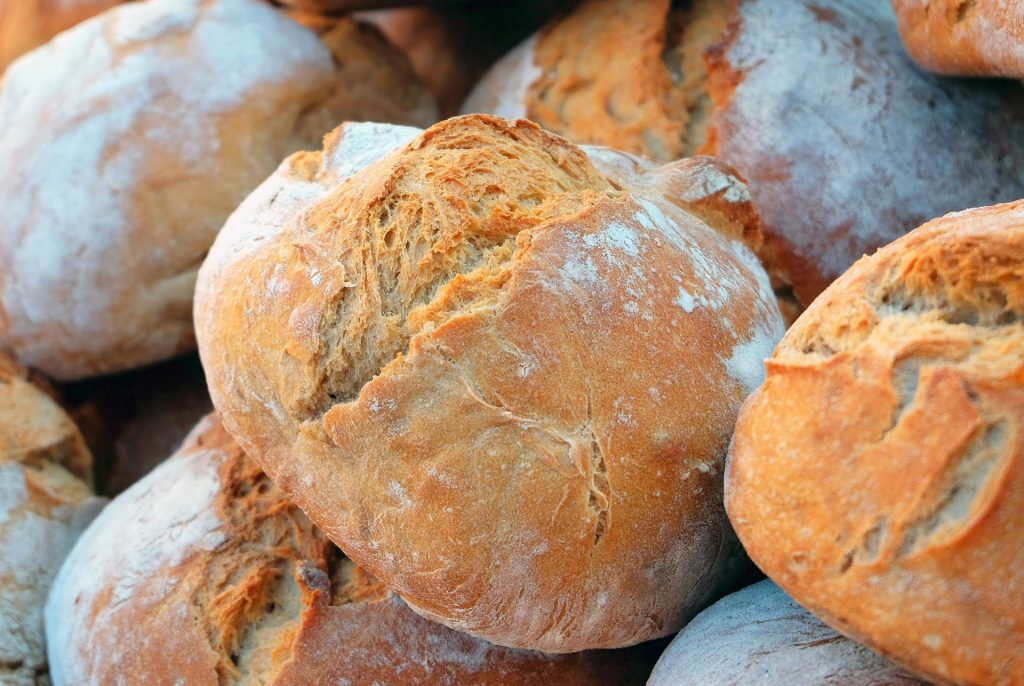16 September 2020 Nandi Proteins Limited (“Nandi” or the “Company”) today announces that it has successfully raised £720,000 via a convertible loan including £360,000 investment from the UK Government’s Future Fund, established to support innovative businesses through the COVID-19 outbreak.
The Future Fund’s investment has been matched by Frontier IP Group, a specialist in commercialising intellectual property, and Shackleton Finance Limited, a technology-focused venture capital manager. They have invested £320,000 and £40,000 respectively.
The convertible loan will enable Nandi Proteins to meet technical and commercial milestones for its novel process control technology. This is now at an advanced stage of commercialisation through collaborative partnerships with a number of major organisations.
Nandi’s technology has a wide range of potential applications. It is based on the knowledge that the functional properties of proteins change as they denature when heat is applied in a very precise way over time. As a result, the technology is able to create new protein-based ingredients to replace chemical additives and fats in processed foods, such as meats, cakes and a host of other products.
Among other projects, Nandi is leading a consortium developing gluten replacements for use in bread. Other members of the consortium include global ingredients business AB Mauri, part of FTSE 100 group AB Foods, and a major UK agronomy firm Agrii, a subsidiary of agri-services group Origin Enterprises. The project is backed by a grant from Coeliac UK and Innovate UK.
The Company is a spin out from Heriot-Watt University, Edinburgh. More information on the principles underpinning Nandi’s technology is below.
Nandi Proteins chairman John Price said : “I have been very impressed with the progress at Nandi Proteins since becoming chairman late last year, reflected in the range and strength of the industry collaborations it has been able to forge. We are confident that the Company will see the significant momentum generated to date accelerate as the results of our industry collaborations start to come through.”
Nandi Proteins Acting Chief Executive Officer and Frontier IP Chief Commercialisation Officer Matthew White said: “Nandi Proteins is addressing many of the food industry’s major concerns including the dangers of obesity, a problem thrown into greater focus by the impact of COVID-19. We are very much looking forward to continuing our work with both existing and new industry partners as they seek to tackle these issues.”
Nandi: the technology
Nandi’s patented technology is based on the knowledge that the functional properties of proteins change when they unfold (denature). Controlled denaturation can be used to deliberately change and control the protein functionality as an ingredient. The Company is focused on two protein types:
- globular proteins, where the molecules are folded into a spherical shape, found in vegetables and dairy; and
- spiral proteins, where long chains of molecules form spirals or helices. They are found in meat.
In both cases, chemical bonds along the length of, and between different portions of, the protein molecule keep the proteins in their shapes.
Applying heat breaks the weak bonds allowing the proteins to unfold. The structure of the protein that was previously ‘inside’ the folded protein is now exposed. This allows it to interact with its surroundings — for example by binding onto water molecules — enhancing functionality such as solubility and emulsifying ability.
The unfolded structure also allows for new chemical bonds to form between one protein to another. The result is that individual protein molecules can become joined together to create a network which will change functional properties such as thickening and gelation abilities.
These denaturation processes are already widely used in food ingredient processing and cooking. For example, an egg white consists of globular proteins suspended in water. When you fry the egg, the proteins unfold and create a mesh, which traps the water molecules. The egg white solidifies. The challenge is in controlling the process precisely. Cook the egg for too long, too many protein bonds form, the net’s mesh becomes too tight, and the white becomes rubbery.
By controlling the heat applied and monitoring the unfolding process extremely precisely, Nandi can precisely create protein functionality that allows it to replace the functionality of fat and additive molecules such as emulsifiers.
Nandi is capable of producing modified proteins from both globular proteins (present in a wide range of naturally-occurring foodstuffs, including whey, potato, soy and peas, as well as eggs) and spiral proteins present in meat (Nandi is specifically exploring the modification of collagen proteins).
Nandi achieves control of the unfolding process by using chemistry and light-based systems to measure in real time a range of key variables as heat is applied to proteins in solution. This allows the Company to maximise their functional properties, such as emulsification, solubility, acid stability, foaming, water binding and gelation.
The company’s technology includes proprietary sensor systems which can be used across existing manufacturing processes to control the variables and create functional proteins.



